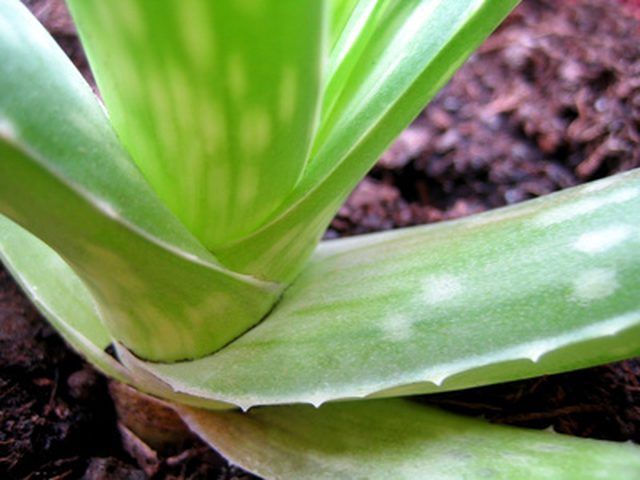Bulbs
Flower Basics
Flower Beds & Specialty Gardens
Flower Garden
Garden Furniture
Garden Gnomes
Garden Seeds
Garden Sheds
Garden Statues
Garden Tools & Supplies
Gardening Basics
Green & Organic
Groundcovers & Vines
Growing Annuals
Growing Basil
Growing Beans
Growing Berries
Growing Blueberries
Growing Cactus
Growing Corn
Growing Cotton
Growing Edibles
Growing Flowers
Growing Garlic
Growing Grapes
Growing Grass
Growing Herbs
Growing Jasmine
Growing Mint
Growing Mushrooms
Orchids
Growing Peanuts
Growing Perennials
Growing Plants
Growing Rosemary
Growing Roses
Growing Strawberries
Growing Sunflowers
Growing Thyme
Growing Tomatoes
Growing Tulips
Growing Vegetables
Herb Basics
Herb Garden
Indoor Growing
Landscaping Basics
Landscaping Patios
Landscaping Plants
Landscaping Shrubs
Landscaping Trees
Landscaping Walks & Pathways
Lawn Basics
Lawn Maintenance
Lawn Mowers
Lawn Ornaments
Lawn Planting
Lawn Tools
Outdoor Growing
Overall Landscape Planning
Pests, Weeds & Problems
Plant Basics
Rock Garden
Rose Garden
Shrubs
Soil
Specialty Gardens
Trees
Vegetable Garden
Yard Maintenance
Aloe Vera As a Poisonous Plant
Aloe Vera As a Poisonous Plant. Aloe vera is more commonly referred to as aloe or medicinal aloe. This plant, although useful, is also poisonous. It is commonly used topically, but ingestion should be avoided.

Aloe vera is more commonly referred to as aloe or medicinal aloe. This plant, although useful, is also poisonous. It is commonly used topically, but ingestion should be avoided.
About
Aloe vera is a member of the Liliaceae family and grows naturally in tropical locations. It is frequently grown both outdoors and as a houseplant.
Description
Aloe vera is a perennial herb and is recognized by its thick, pointed leaves. These basal leaves are grayish-green to red in color and feature small teeth along the edges. Aloe vera is a succulent that produces clusters of small yellow flowers.
Sap
The sap of the aloe vera plant is commonly used in lotions and in its natural state to treat burns on the skin. Although useful for external applications, the sap should never be ingested, because it is a poisonous substance.
Symptoms
When ingested, the sap of the aloe vera plant can cause abdominal cramping, red urine or diarrhea.
Severity
Although poisonous, the sap has low toxicity and should not cause any lasting problems, according to the North Carolina University horticultural department. In most cases, symptoms last only a few minutes.